Find practical writing tips, grammar guides, and style advice to improve clarity, creativity, and confidence in every piece you write.
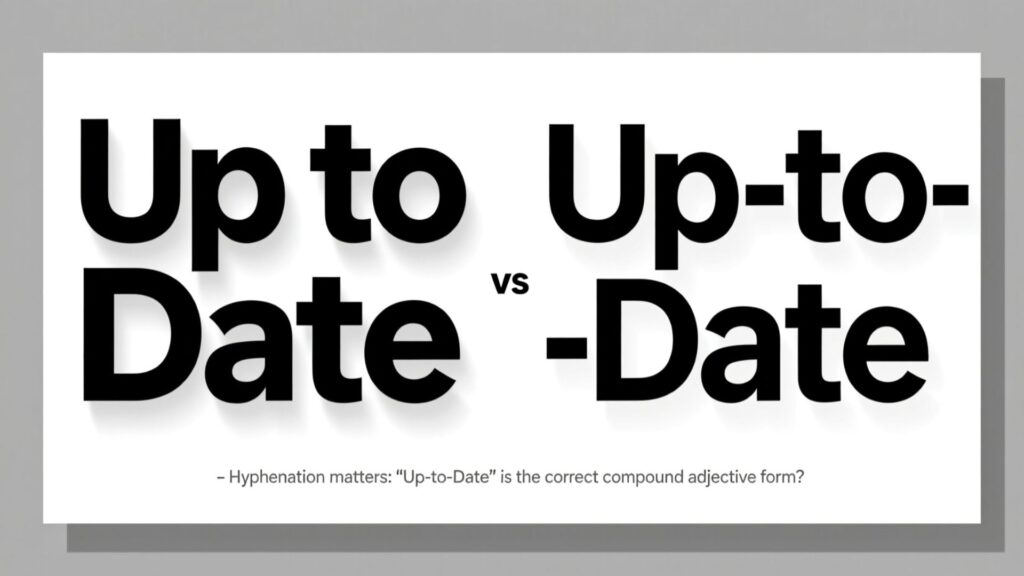
Writing Tips
Up to Date or Up-to-Date: Which One Should You Use?
Language is full of subtle details that can confuse even the most careful writers. One such puzzle is deciding whether...
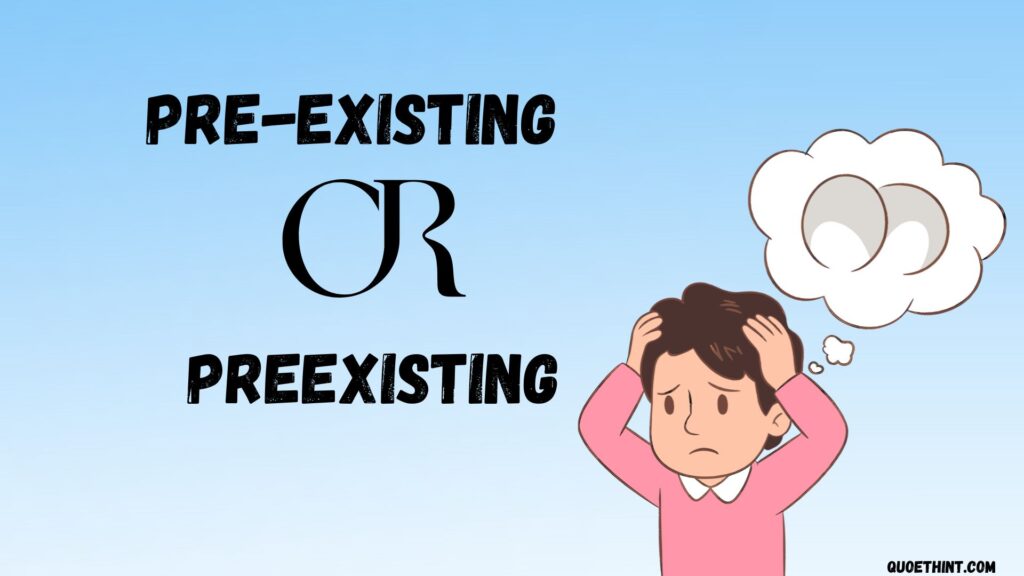
Writing Tips
Pre-Existing or Preexisting: Which One is Correct?
Language evolves, and with it, words often shift in spelling and style. One such example is whether to write pre-existing...
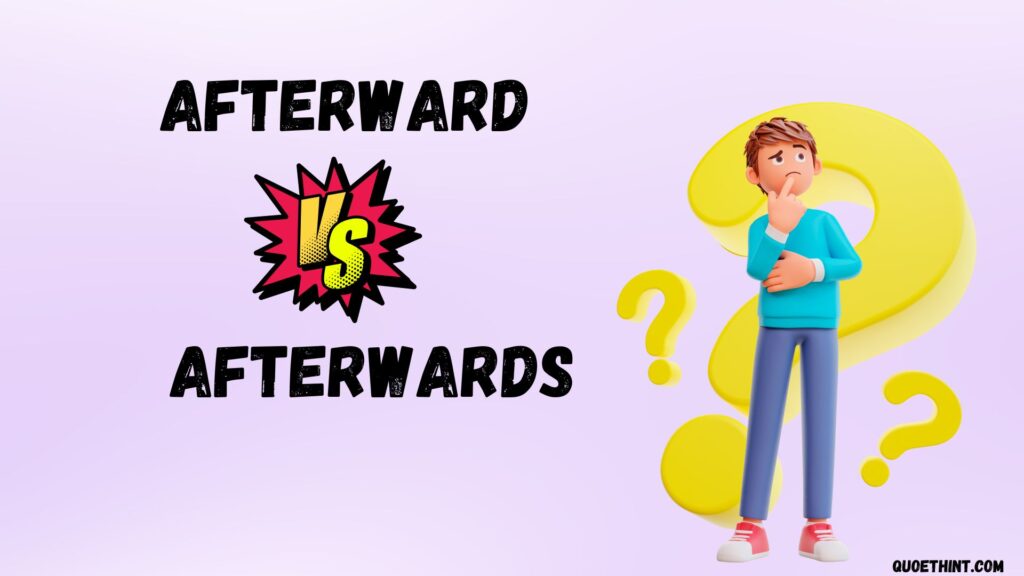
Writing Tips
Afterward vs Afterwards: Is There any Difference?
Introduction English learners and even native speakers often pause when faced with afterward vs afterwards. Both words look almost identical,...
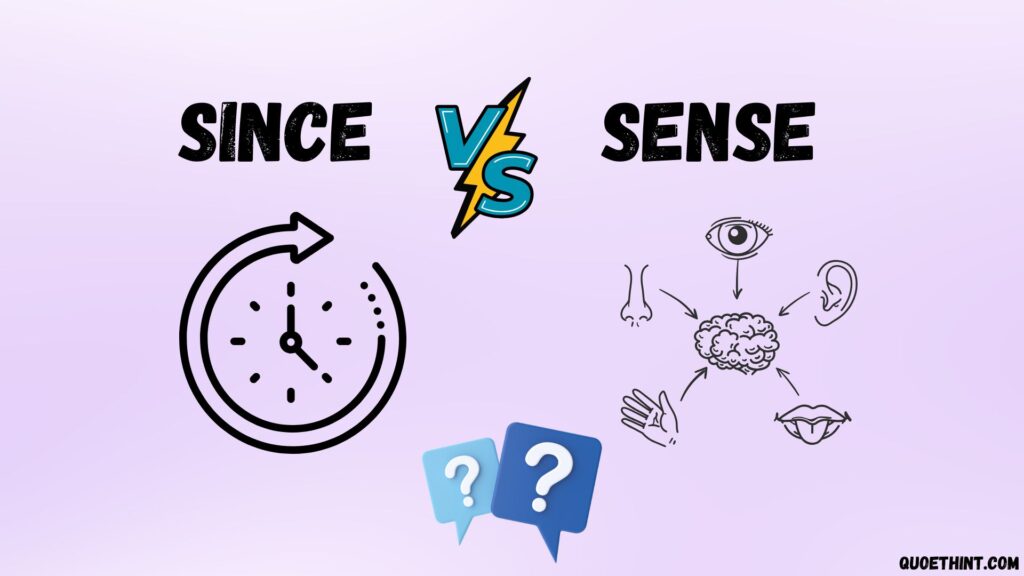
Writing Tips
Since vs Sense: Understanding When to Use Each Word
English can be tricky. Words that look or sound similar often confuse writers and readers alike. One classic example is...
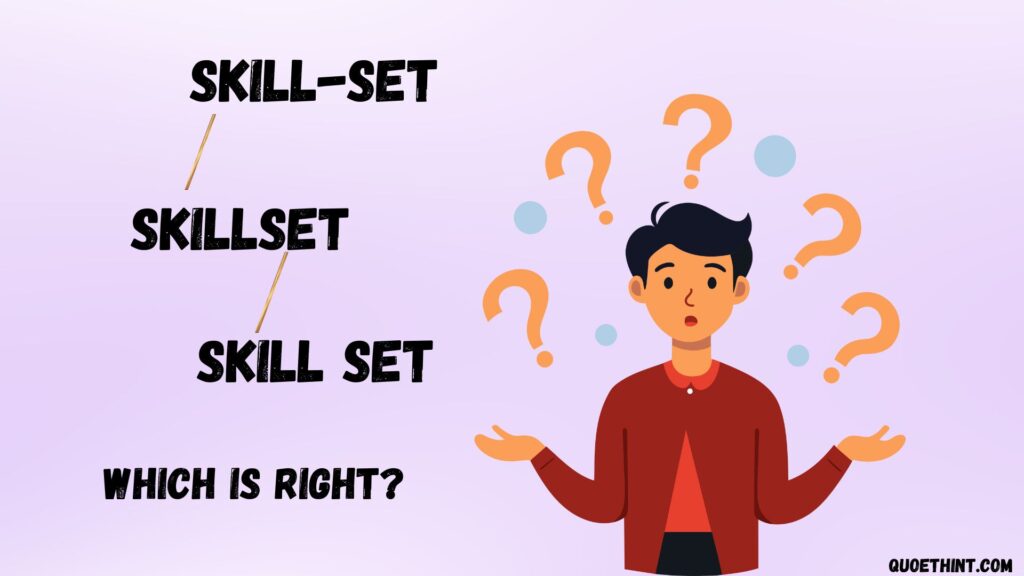
Writing Tips
“Skill-Set,” “Skillset,” or “Skill Set”: Which is Right?
Introduction — Why the Confusion Around “Skill Set”? If you’ve ever drafted a resume, sent an email, or read a...
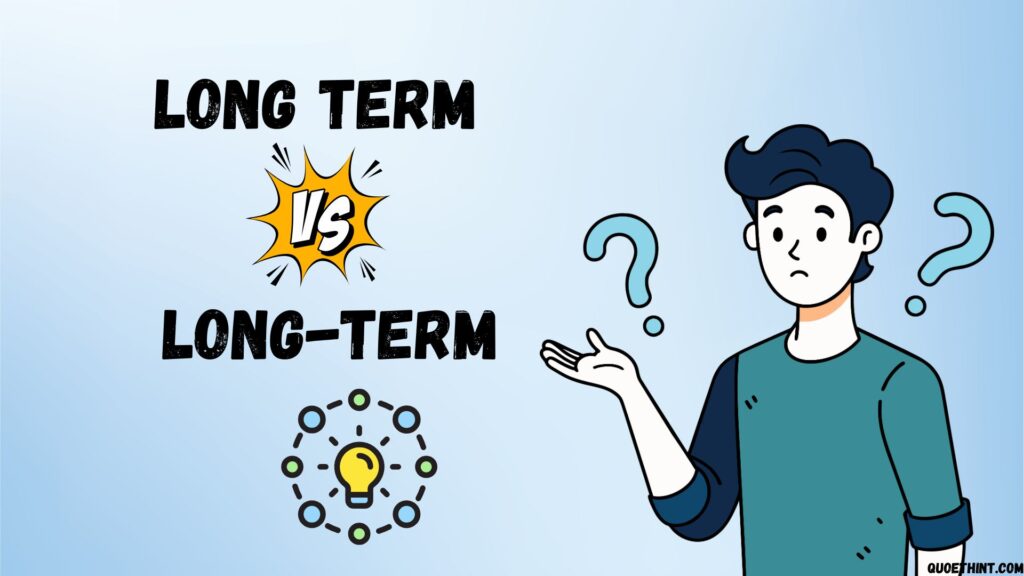
Writing Tips
Long Term or Long-Term: What’s the Right Choice in Writing?
Understanding the Basics: Noun vs. Adjective When it comes to writing correctly, many people stumble over long term versus long-term....
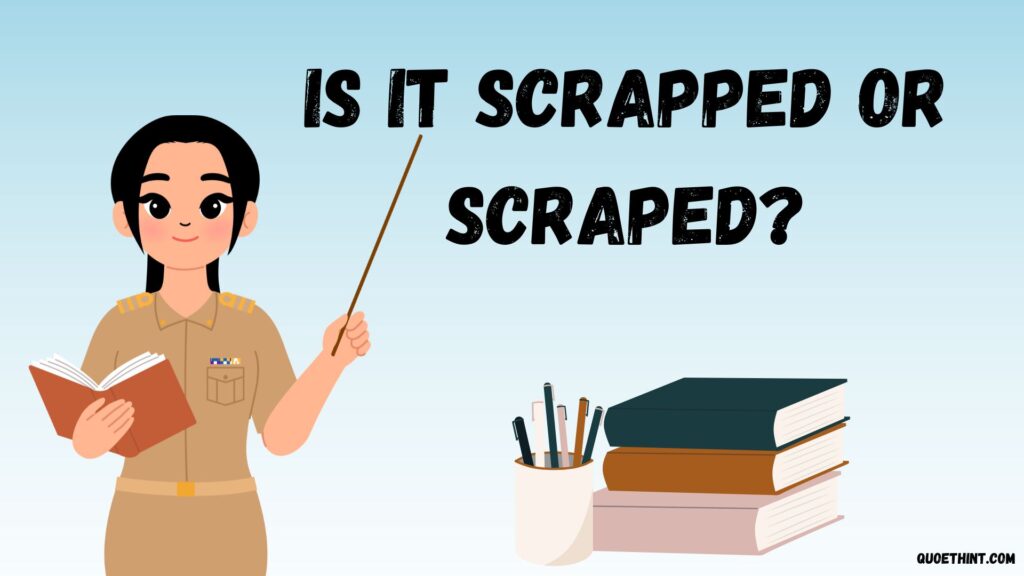
Writing Tips
Is it Scrapped or Scraped? Let’s Clarify the Confusion
English has its fair share of word confusion, and one of the sneakiest pairs is scrapped and scraped. At first...
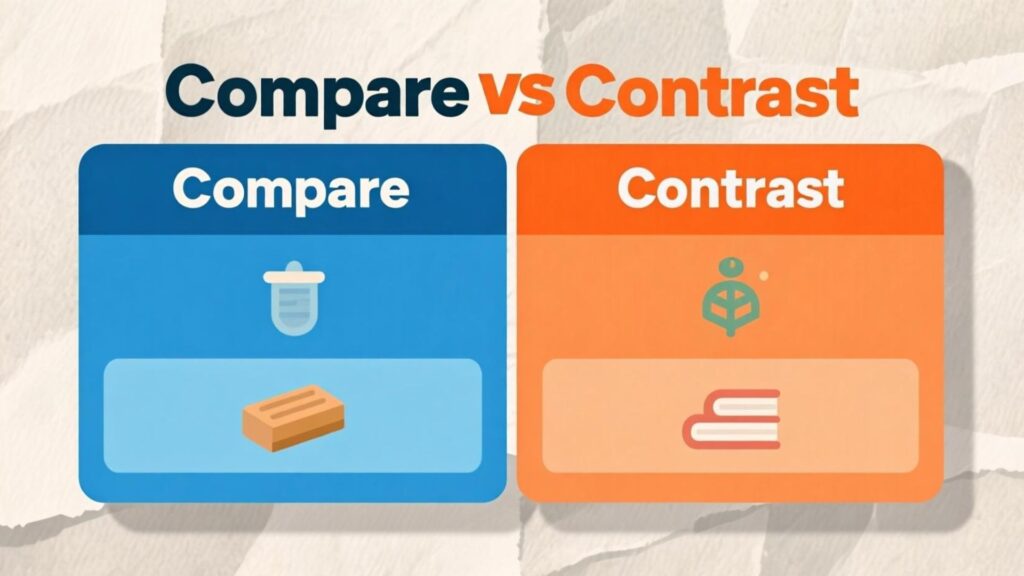
Writing Tips
Compare vs Contrast: Definitions, Differences, and Examples
You’ve probably heard the phrase “compare and contrast” a hundred times in school essays, workplace reports, or even casual conversations....
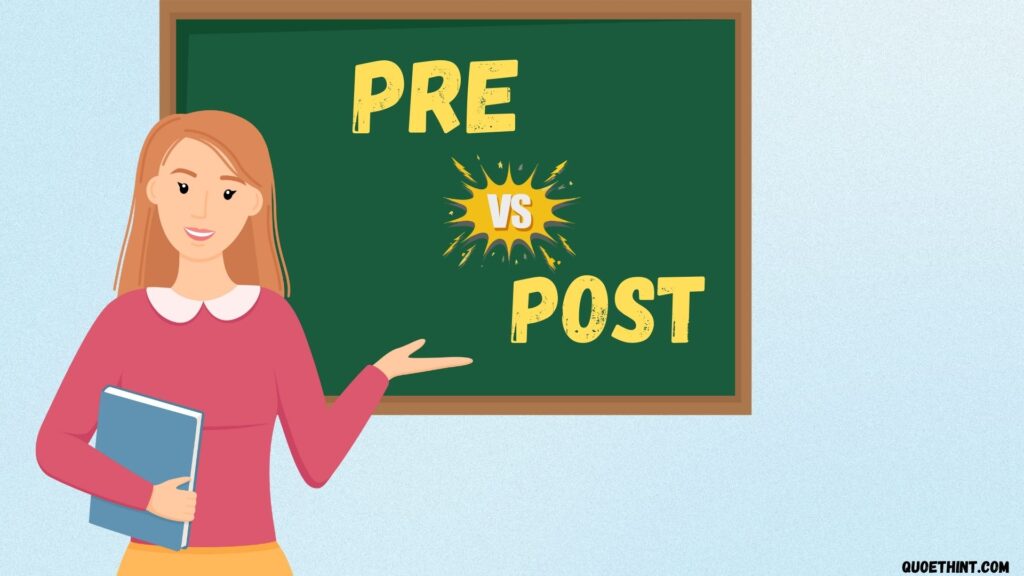
Writing Tips
Pre vs Post: Which Prefix to Use?
When you come across pre and post in English, it’s easy to pause and wonder: Which one should I use?...
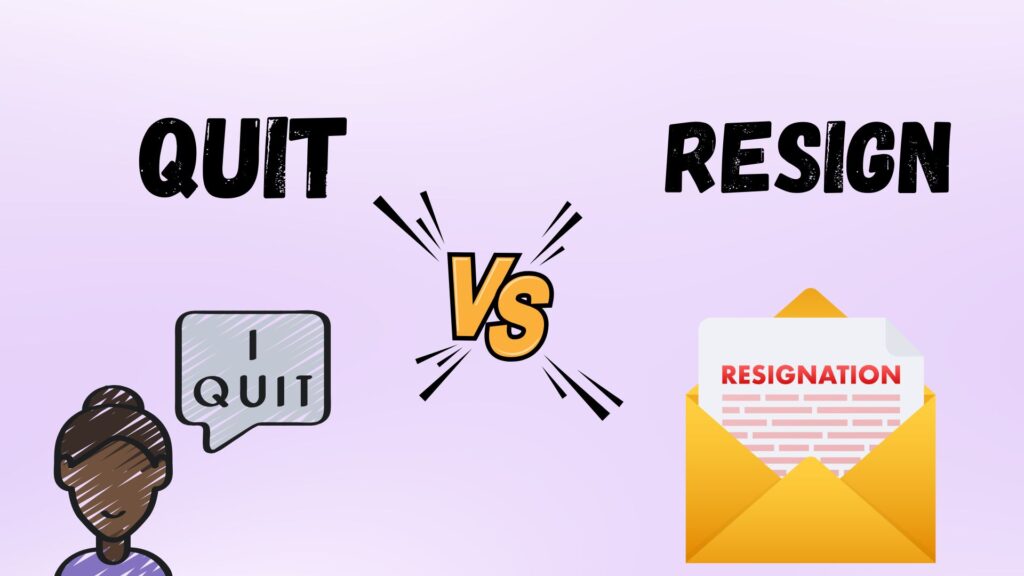
Writing Tips
Quit vs Resign: Clear Up the Confusion Once and For All
Ever been stuck wondering whether you should say “I quit” or “I resign” when leaving your job? Both words mean...